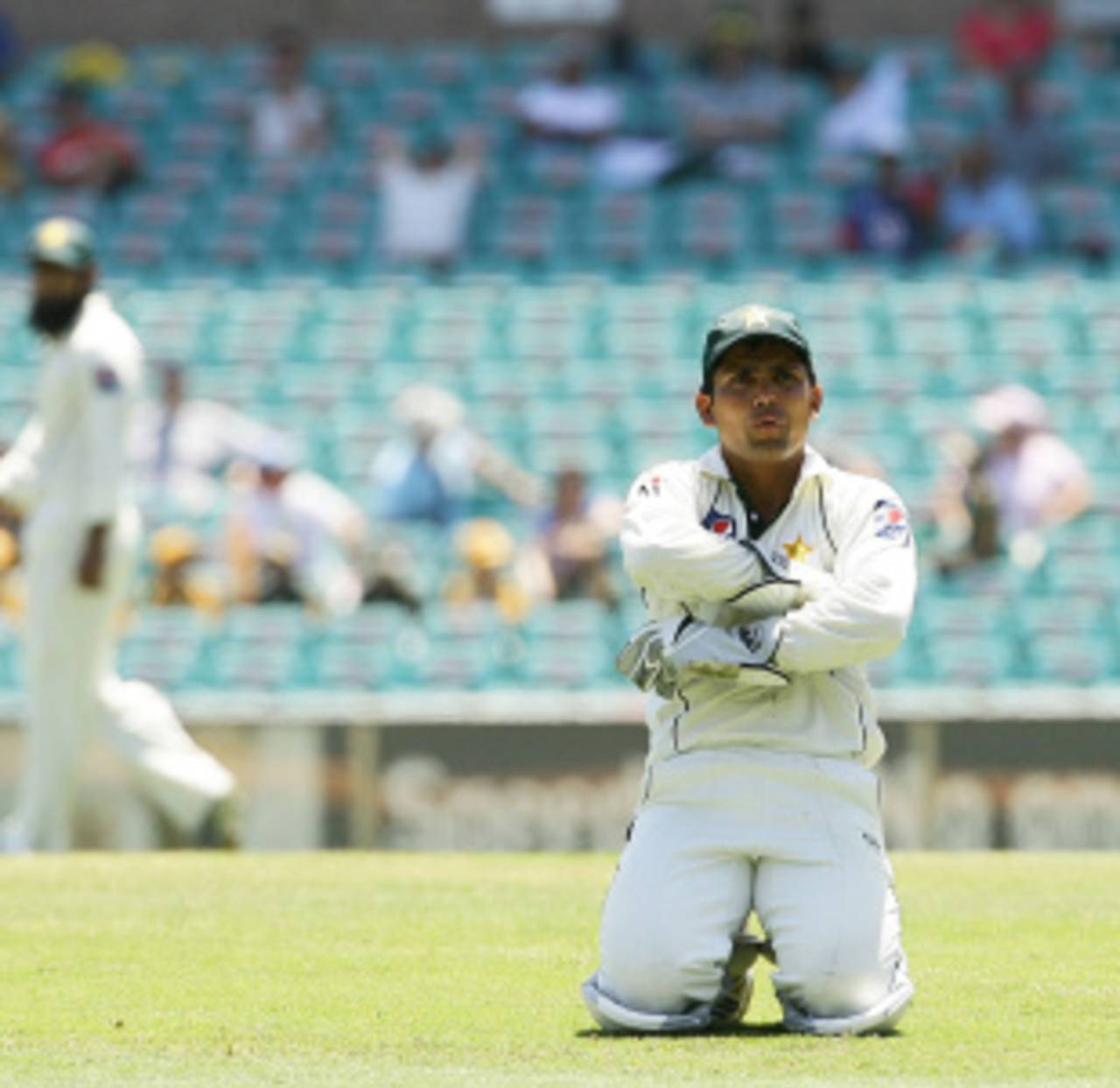Australia may find themselves in occasional strife and at the receiving end of jibes that have long waited for the moment, but they are not in decline. The Ashes may have been lost, and remember, there was a generation that didn't know what that meant, and India and South Africa may have moved ahead on a slightly dodgy ranking system, but there is still much fight in the dog, as Pakistan have discovered. Shorn of match-winners and with a captain currently not matching the high standards he has set, Australia must seem vulnerable. But they have gone back to doing what they do best: scrapping for every run and putting a price on their wicket. At any time these are admirable virtues.
These are also qualities that define Australian sport. When you have a solid system, when work ethic is largely non-negotiable, when athletes follow a fairly robust process, decline is unlikely to be as dramatic as the one West Indies suffered. Pakistan, on the other hand, must be kicking themselves for letting
a great opportunity go by. You beat good teams when you compete over the entire duration of the match; Pakistan discovered that you can be ahead on points but still lose on a knockout.
Admittedly their tactics against Michael Hussey and Peter Siddle were hugely inexplicable, but 176 should have been achievable against a rookie quick, a spinner still finding his way in international cricket and not destined for greatness, a promising but underachieving new-ball bowler, and a genuine quick only just back in form. But Pakistan have always been more about talent than about steel and it was the latter quality that was needed here. You sensed that the result that eventually arrived was round the corner.
About a year ago there were indications that, for the first time, Pakistan weren't throwing up the kind of explosive talent they seem to store in their belly. Since then Mohammad Aamer has arrived, and he is here to stay for a long time, and Umar Akmal will be one of the better players in their history. Only six matches old, he is already the second best batsman in this team. But when talent is not backed by a reverence towards work ethic, it loses its way pretty rapidly, as another fine player, Mohammad Asif, discovered before he was hauled back from the precipice. One day I want to know what players from Pakistan seek from the game, because a lot of them sell themselves very short. I sometimes fear too that the Pakistan Cricket Board is a bit like the Indian Hockey Federation - happier with the perks of the job than an intense desire for the greater good of the game.
One day I want to know what players from Pakistan seek from the game, because a lot of them sell themselves very short
Hopefully there are a couple of opening batsmen among the many uncut diamonds that are strewn there, who they can stick with. Every great team in world cricket has used a top pair of openers as the base from which to mount an attack. West Indies, with Greenidge and Haynes; Australia, first with Taylor and Slater and then with Hayden and Langer; and if you want to go further back, with Lawry and Simpson, Barnes and Morris, Woodfull and Ponsford. Perhaps only the fine West Indies team of the mid-sixties, which had 10 excellent players and someone to open with Conrad Hunte, would be an exception.
Meanwhile in Bangladesh, where the home side has made definite gains in 50-over cricket, a
one-day series rather weak in conception is battling along. For a start, India play Sri Lanka for the zillionth time - the players must start thinking they are old classmates now, but worse, the matches are being played in an atmosphere where the conditions dominate the game. That can never be good. I know cricket is all about overcoming conditions, but those must be similar for both teams. Where the toss is half the match, you cannot have good cricket.
Indeed, this series would have been the perfect experiment for a one-day game played over two innings of 25 overs each. Both sides would have bowled in dry conditions and then both would have had to bear the brunt of the dew. And since, ideally, an innings must resume from the score at the break, the wet ball would probably have been used against lesser batsmen, thereby further minimising the effect of the dew.
And so, chances are the cricket is going to be more interesting in Australia and South Africa than in Dhaka.
